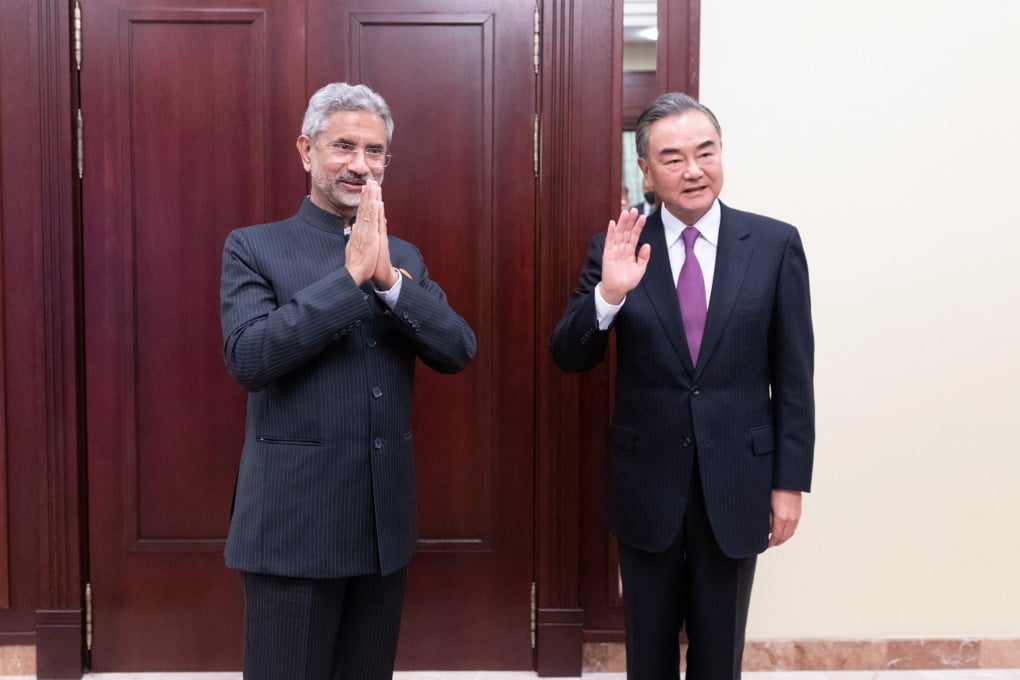China-India border dispute: ministers speak for first time in 5 months, urge more talks
- Wang Yi and Subrahmanyam Jaishankar hold phone call after both sides disengage troops from border
- Jaishankar says they discussed acting on consensus reached last year, while Wang raises concern that India may have changed course in recent days

“The rights and wrongs of last year’s situation at the China-India border are very clear,” he said, according to a statement from China’s foreign ministry. “The experience of the past 10 years has continued to show that giving more prominence to our disagreements does not help to resolve the issues, and will erode the foundation of our mutual trust.”
Wang added that the two sides needed to work further to ease the situation by improving border management mechanisms and the process of engaging in border talks to build mutual trust, noting how difficult it had been for both sides to disengage troops.

01:31
China shares video of deadly 2020 border clash with Indian troops in Galwan Valley
Jaishankar tweeted on Thursday that the two had “reviewed the status of disengagement” and discussed implementation of the consensus that he and Wang reached when they met last September on the sidelines of the Shanghai Cooperation Organisation in Moscow – the last known conversation between the foreign ministers.
At the time, Jaishankar and Wang reached a five-point consensus for disengagement and de-escalation at the border.